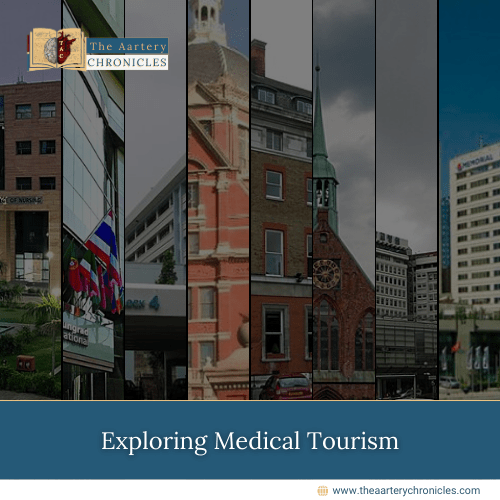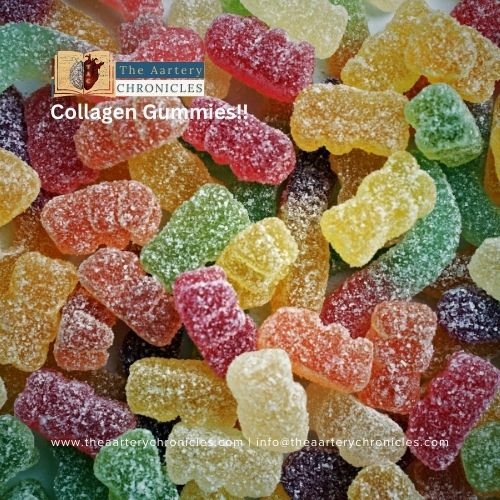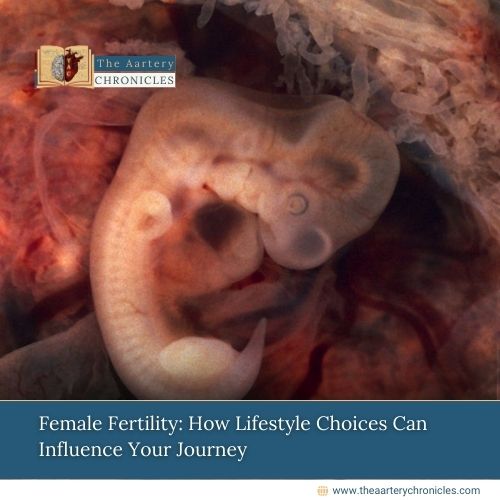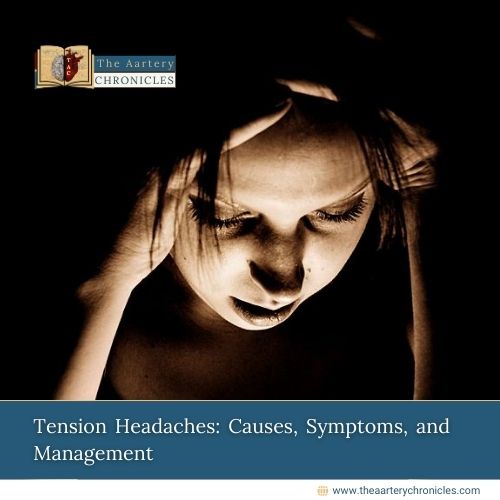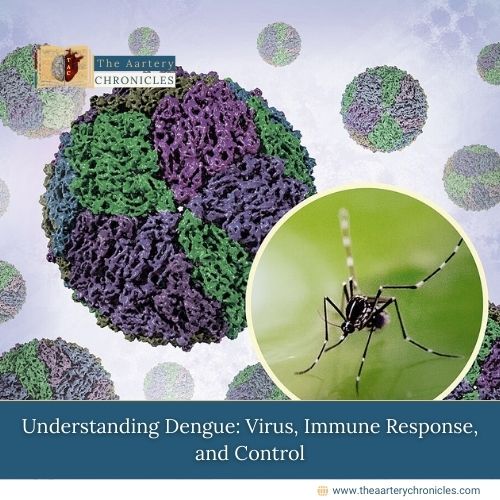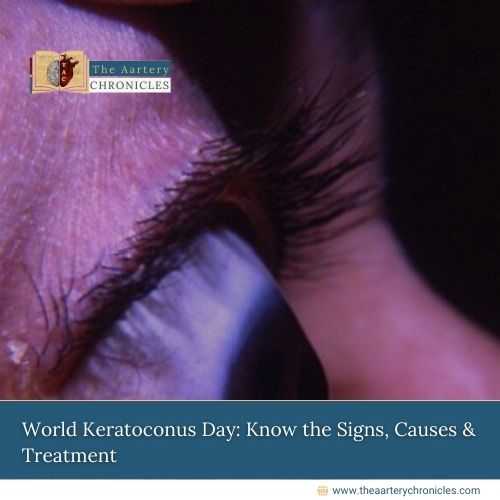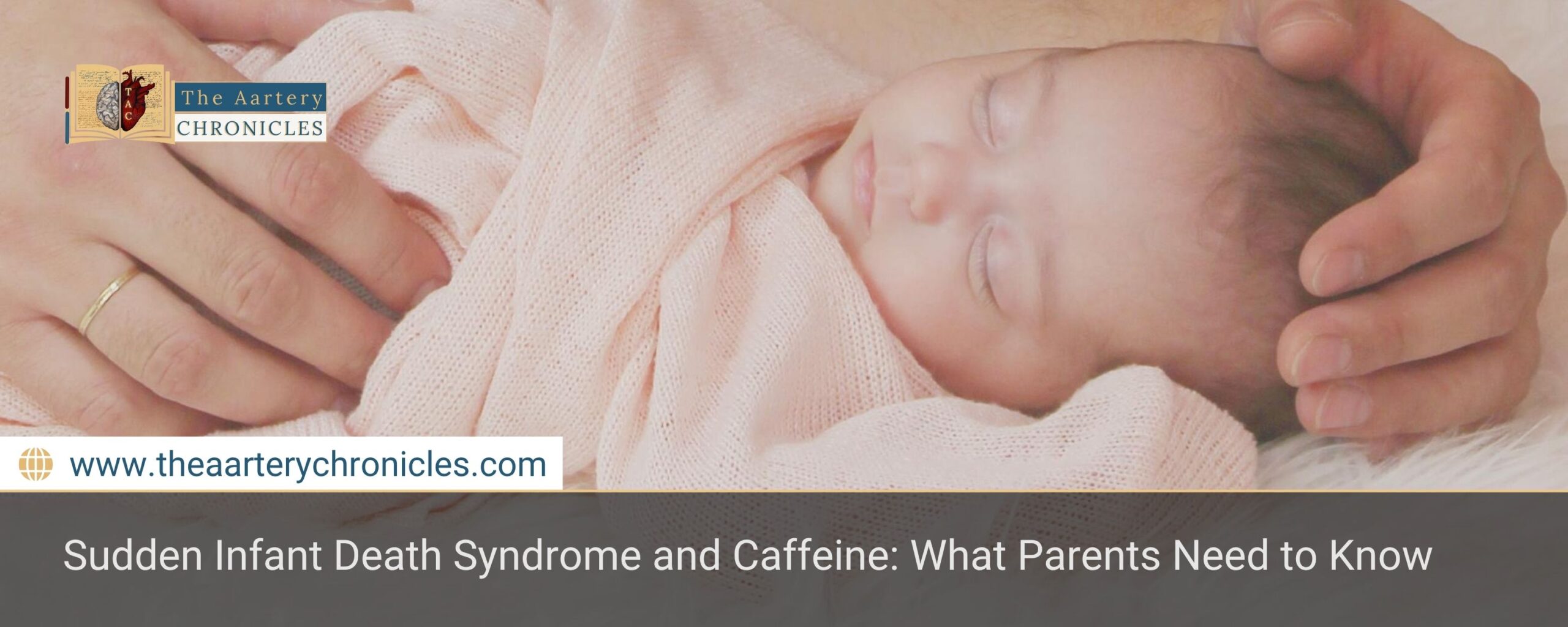
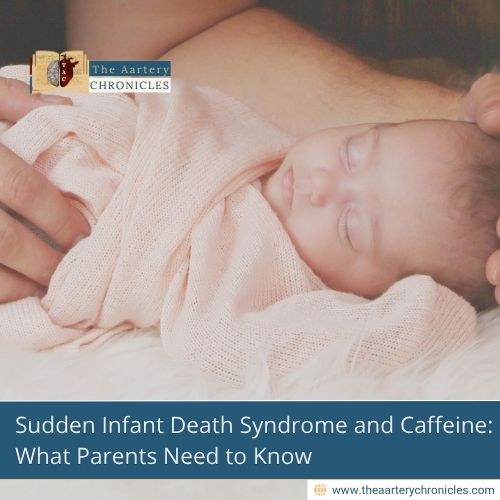
Caffeine May Help Prevent Sudden Infant Death Syndrome
Summary: Caffeine could become a surprising ally in preventing Sudden Infant Death Syndrome (SIDS). New research suggests that this common stimulant, already used in neonatal care, may protect infants from low oxygen levels, a major risk factor in SIDS. While not a replacement for safe sleep practices, this breakthrough may open the door to the first pharmaceutical preventive strategy in over two decades.
Caffeine, a common stimulant, may offer surprising protection against Sudden Infant Death Syndrome (SIDS).
That’s the breakthrough idea from Rutgers Health researchers, who believe caffeine could prevent dangerous oxygen drops in infants, potentially opening up a new path to reduce SUID (Sudden Unexpected Infant Death) cases, which include SIDS. Despite earlier gains in awareness, the national rate has plateaued for over 25 years at around 3,500 deaths annually, roughly 1 in every 1,000 live births.
What Is Sudden Infant Death Syndrome?
SIDS is the leading cause of death among infants aged 1 to 12 months, often occurring during sleep with no warning. It’s a subset of SUID, which also includes accidental suffocation and unknown causes. Public health campaigns like “Back to Sleep” have helped reduce rates, but progress has since stalled.
Connecting the Dots: Risk Factors and Oxygen Drops
Rutgers neonatologist Dr. Thomas Hegyi and SIDS expert Barbara Ostfeld discovered that nearly all known SIDS risk factors are linked by one thread: intermittent hypoxia, or short dips in oxygen levels below 80%. The risk factors include:
- Stomach sleeping
- Smoking during pregnancy
- Bed-sharing
- Preterm birth
“I wondered, what can counter intermittent hypoxia?” said Dr. Hegyi. “Caffeine.”
Caffeine: Already Used in Neonatal Care
Caffeine isn’t new to infant care. It’s commonly used to treat apnea in premature babies, where it acts as a respiratory stimulant. It has been proven to be safe, even in high doses. Its slow metabolism in infants allows it to linger in their systems for far longer than in adults, up to 100 hours or more.
This metabolism pattern may explain why SIDS peaks between 2 and 4 months of age, a period when infants start processing caffeine faster, reducing its protective effect.
Breastfeeding’s Protective Role - Is Caffeine the Link?
Breastfeeding has long been known to reduce SIDS risk. This new theory suggests that caffeine passed from mothers to infants via breast milk may partly explain why.
“We hypothesize that the protection afforded by breast milk is, in part, due to caffeine,” the researchers noted.
A Word of Caution: Not a Replacement for Safe Sleep
Ostfeld stresses that caffeine is not a substitute for safe sleep practices.
“A baby dying from accidental suffocation… would not have benefited from caffeine but would have from eliminating pillows and loose bedding,” she explained.
So while promising, caffeine isn’t a standalone fix, but could complement existing prevention strategies.
Research Needed, Not Recommendation
The team plans to test their theory by analyzing caffeine levels in infants who died of SIDS compared to those who died from unrelated causes. If proven, caffeine could become the first pharmaceutical intervention in SIDS prevention.
Dr. Hegyi added, “We want to stimulate new thinking about a problem that’s remained unchanged for 25 years.”
A New Ray of Hope
- Caffeine may protect infants by preventing oxygen loss, a major SIDS trigger.
- It’s already used safely in preterm infants for breathing issues.
- Breastfeeding’s protective effect may partly stem from caffeine content.
- More research is needed; this is not a call to give caffeine to babies.
Conclusion:
Caffeine isn’t a quick fix or a replacement for proven safety practices; it offers a promising new direction in tackling SIDS. If future studies confirm this theory, caffeine might play a life-saving role in protecting infants from a silent, long-standing threat
Reference: Thomas Hegyi, and Barbara M et al. Reducing the risk of sudden unexpected infant death: the caffeine hypothesis. Journal of Perinatology (2025)

Dane
I am an MBBS graduate and a dedicated medical writer with a strong passion for deep research and psychology. I enjoy breaking down complex medical topics into engaging, easy-to-understand content, aiming to educate and inspire readers by exploring the fascinating connection between health, science, and the human mind.

